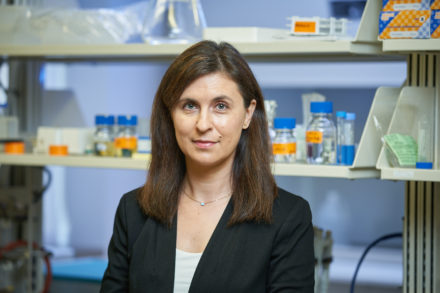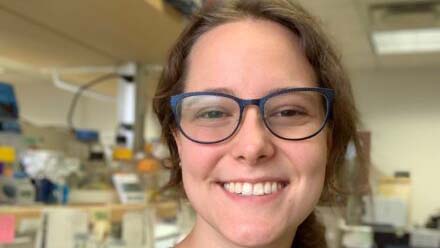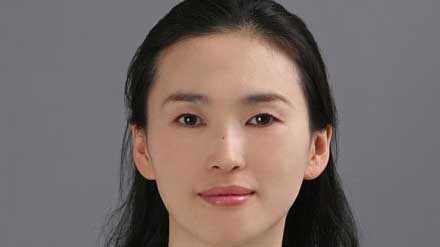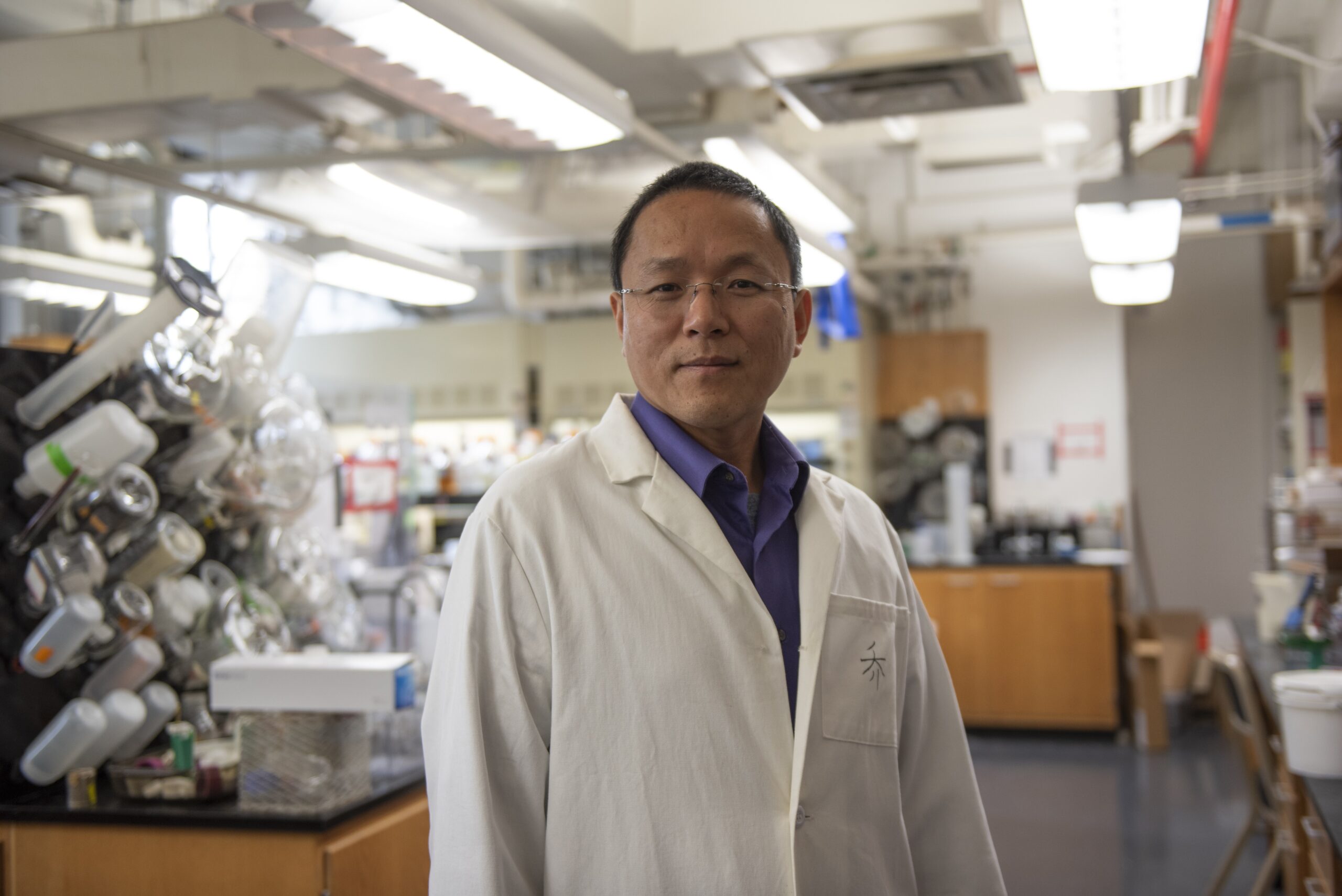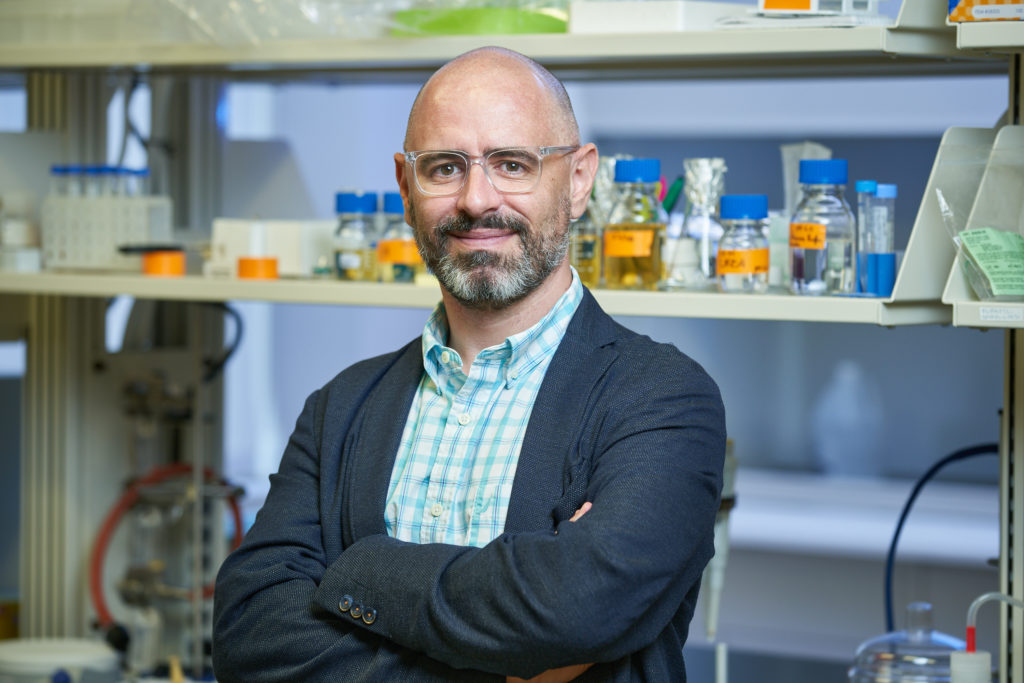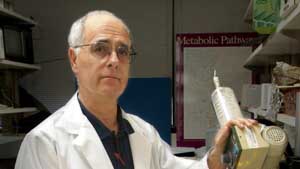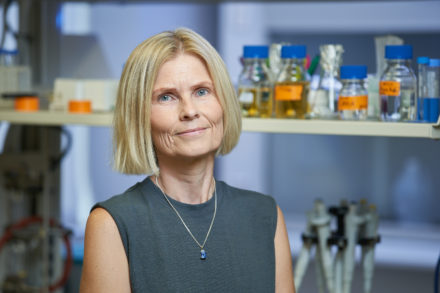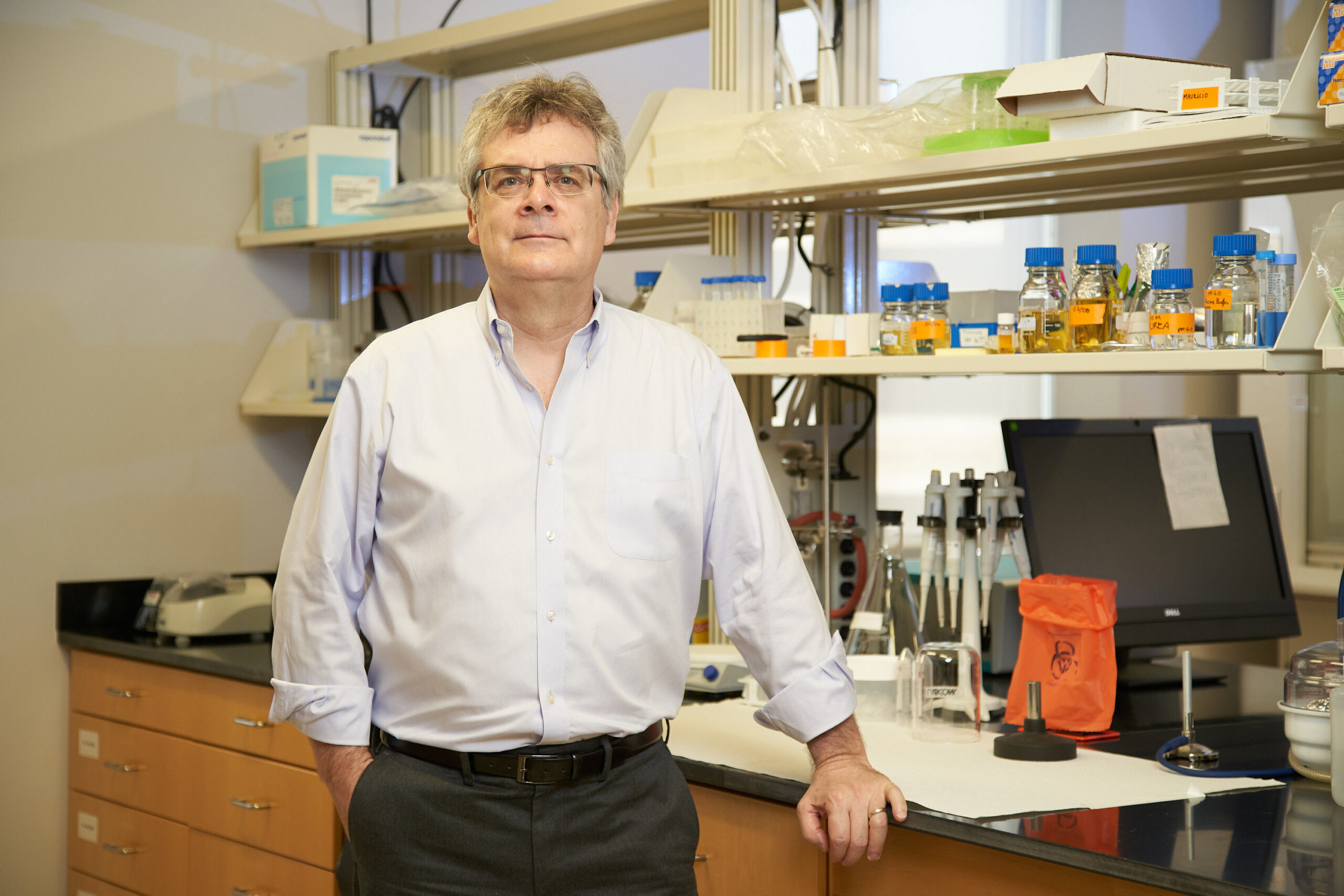Department Directory: Faculty
Filter and Search
View People by Type
All Faculty
Mary Bryk
Associate Dean for Academic Affairs, College of Agriculture and Life Sciences and Associate Professor, Biochemistry & Biophysics, Genetics
Chavela Carr
Instructional Professor and Associate Head of Undergraduate Programs.
Robert Chapkin
University Distinguished Professor | Regents Professor | University Faculty Fellow Professor | Nutrition & Food Science, Biochemistry & Biophysics
Jae-Hyun Cho
Associate Professor, Biochemistry and Biophysics
Jorge Cruz-Reyes
Professor, Biochemistry and Biophysics, Genetics
Tim Devarenne
Associate Professor, Biochemistry and Biophysics
Margaret Glasner
Associate Professor, Biochemistry and Biophysics
Tatyana Igumenova
Professor, Biochemistry and Biophysics
Dmitry Kurouski
Associate Professor, Biochemistry and Biophysics, Biomedical Engineering
Paul Lindahl
Professor, Chemistry, Biochemistry and Biophysics
Wenshe Liu
Harry E. Bovay Jr. Endowed Chair, Chemistry; Professor, Chemistry, Translational Medical Sciences, Biochemistry and Biophysics, Cell Biology and Genetics; Director, Texas A&M Drug Discovery Center
John Mullet
Perry L. Adkisson Chair in Agricultural Biology, Professor, Biochemistry and Biophysics
Michael Polymenis
Professor and Associate Head for Graduate Programs
Frank Raushel
Distinguished Professor, Chemistry, Biochemistry and Biophysics
Hays Rye
Associate Professor, Biochemistry and Biophysics
James Sacchettini
Rodger J. Wolfe-Welch Foundation Chair, Science; Professor, Biochemistry & Biophysics, Chemistry
Stephen Safe
University Distinguished Professor, Syd Kyle Chair, Veterinary Medicine Professor, Veterinary Physiology & Pharmacology, Biochemistry & Biophysics, Molecular & Cellular Medicine
Dorothy Shippen
University Distinguished Professor, Professor, Biochemistry and Biophysics, Genetics
Paul Straight
Associate Professor, Biochemistry and Biophysics, Genetics
Sing Hoi Sze
Associate Professor - Computer Science, Engineering, Biochemistry & Biophysics
Josh Wand
University Distinguished Professor and Head, Biochemistry & Biophysics, Professor, Biochemistry & Biophysics, Chemistry, Molecular & Cellular Medicine
979-314-8284
Research Office: (979) 314-8303NMR N315A
Ry Young
University Distinguished Professor; Professor Emeritus, Biochemistry & Biophysics, Biology
Xiuren Zhang
Christine Richardson Endowed Professor of Agricultural Biology, EDGES Fellow, Presidential Impact Fellow, AgriLife Faculty Fellow, Professor, Biochemistry & Biophysics, Biology, Molecular & Environmental Plant Sciences Focus Area: RNA silencing, RNA structure and remodeling, ribonucleoprotein complexes, epi-transcriptome, epigenetics, host-virus interaction
Junjie Zhang
Associate Professor, Biochemistry and Biophysics











